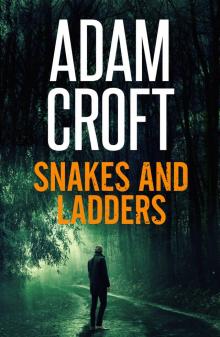 Snakes and Ladders
Snakes and Ladders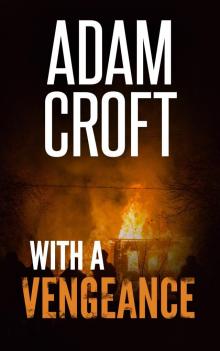 With A Vengeance
With A Vengeance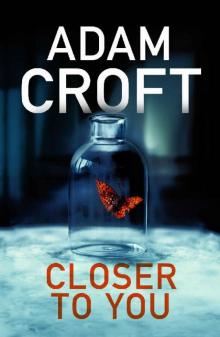 Closer to You
Closer to You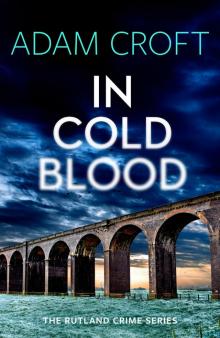 In Cold Blood
In Cold Blood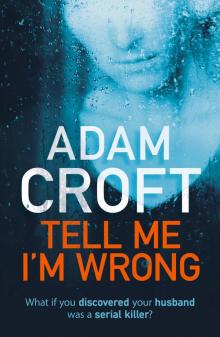 Tell Me I'm Wrong
Tell Me I'm Wrong![[Knight and Culverhouse 09] - In Plain Sight Read online](http://i1.bookreadfree.com/i/03/16/knight_and_culverhouse_09_-_in_plain_sight_preview.jpg) [Knight and Culverhouse 09] - In Plain Sight
[Knight and Culverhouse 09] - In Plain Sight Dead & Buried
Dead & Buried Too Close For Comfort
Too Close For Comfort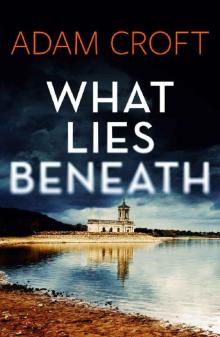 What Lies Beneath (Rutland crime series Book 1)
What Lies Beneath (Rutland crime series Book 1)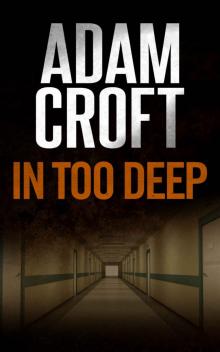 In Too Deep (Knight & Culverhouse Book 5)
In Too Deep (Knight & Culverhouse Book 5) Gone
Gone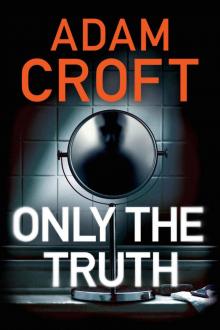 Only the Truth
Only the Truth Kempston Hardwick Mysteries — Box Set, Books 1-3
Kempston Hardwick Mysteries — Box Set, Books 1-3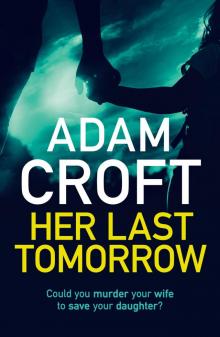 Her Last Tomorrow
Her Last Tomorrow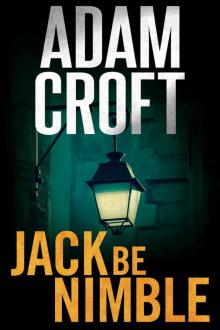 Jack Be Nimble (Knight & Culverhouse Book 3)
Jack Be Nimble (Knight & Culverhouse Book 3)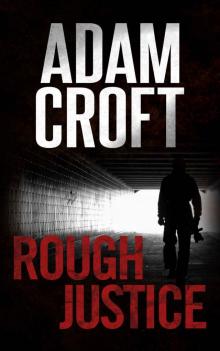 Rough Justice (Knight & Culverhouse Book 4)
Rough Justice (Knight & Culverhouse Book 4)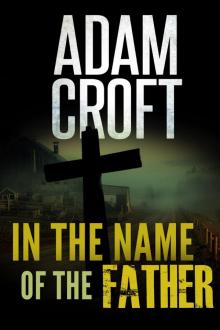 In the Name of the Father
In the Name of the Father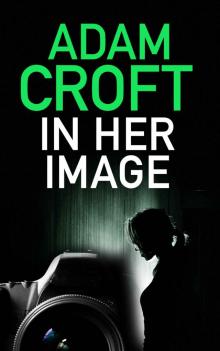 In Her Image
In Her Image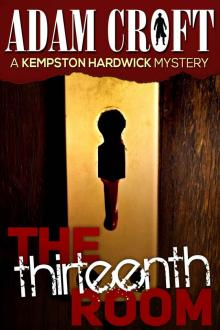 The Thirteenth Room (Kempston Hardwick Mysteries Book 4)
The Thirteenth Room (Kempston Hardwick Mysteries Book 4)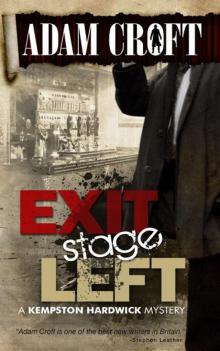 Exit Stage Left (Kempston Hardwick Mysteries Book 1)
Exit Stage Left (Kempston Hardwick Mysteries Book 1)